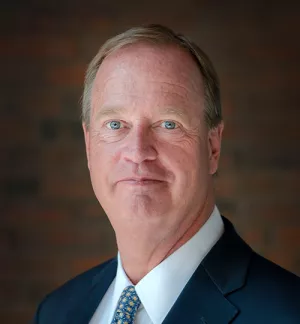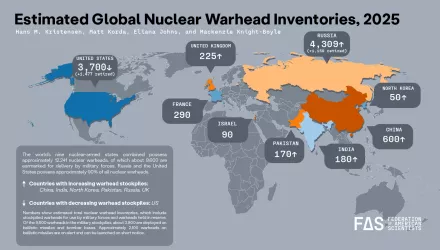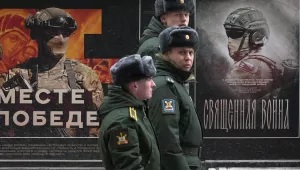The nuclear summit President Barack Obama convened this week in Washington brings together leaders from almost 50 nations to improve nuclear security and thereby stem the twin threats of nuclear terrorism and proliferation.
The key to preventing terrorists from using nuclear weapons is to secure the weapons in military arsenals run by states, and the fissile material in both military and civil stockpiles. Without weapons or fissile material, terrorists cannot detonate a nuclear explosion. So nuclear security is at the heart of efforts to prevent nuclear terrorism.
Such efforts neither began, nor will they end, under the Obama administration. Work to improve Russian nuclear security was launched under George H.W. Bush's administration, with the Nunn-Lugar program that followed the collapse of the Soviet Union. The U.S. agreed to fund security improvements -- guns, guards and gates, as well as material accounting and personnel security systems -- at some of Russia's most sensitive nuclear facilities.
The cooperation was accelerated in 2005 by Presidents George W. Bush and Vladimir Putin, under their Bratislava Initiative to complete major security upgrades in Russia by the end of 2008. The U.S.-Russian partnership met that deadline, completing improvements at 148 sites throughout Russia that contained material and equipment for thousands of nuclear weapons.
The U.S. and Russia have also accelerated efforts to improve nuclear security at civil research reactors fueled by weapons-usable highly enriched uranium. Sixty reactors in 32 countries have been converted to low-enriched-uranium fuel, and an additional seven reactors have been shut down. This has enabled the return of about two and a half tons of highly enriched uranium to secure storage in the U.S. or Russia. Today, Ukraine became the latest nation to commit to eliminating its stocks of highly enriched uranium under this program.
Efforts to control illicit trafficking in nuclear material have also accelerated, with radiation detectors at about 300 border crossings, ports and airports in two dozen countries around the world. U.S. experts have also helped train customs and export control officials in some 50 countries, with the aim of putting trained eyes on the scene to prevent nuclear smuggling.
The U.S. and Russia have also taken extraordinary measures to dispose of fissile material to ensure that it never can be used by terrorists. In 1993, under the Clinton administration, the U.S. agreed to purchase 500 metric tons of Russian weapons-grade uranium for down-blending and use in civil nuclear power reactors.
The program continues to this day. About 20 percent of American electricity is supplied by nuclear power; half of that is fueled under the U.S.-Russian purchase agreement. Thus, on average, one in 10 light bulbs in America is powered by material from weapons that were once aimed at the U.S. or our allies. This program has disposed of more than 300 metric tons of weapons-grade uranium -- enough for more than 12,000 nuclear weapons. The U.S. and Russia will also dispose of at least 34 metric tons each of weapons-grade plutonium, by turning it into reactor fuel.
Over the past two decades, enormous progress has been made toward detecting, securing and disposing of dangerous nuclear material. By many objective measures, we are safer than we were 10 years ago. Nonetheless, as John Brennan, the president's adviser for homeland security, made clear, al-Qaida continues its quest for nuclear weapons. Thus, we must remain relentless in completing the urgent task of ensuring that all nuclear weapons and weapons-usable material are secured to the highest possible standards, as quickly as possible.
Obama demanded the attention of world leaders to this critical issue by bringing them to Washington, but the success of his summit will depend on how they respond after they return home.
Tobey, William. “Relentless Focus Needed to Fight Nuclear Terror.” AOL News, April 14, 2010




